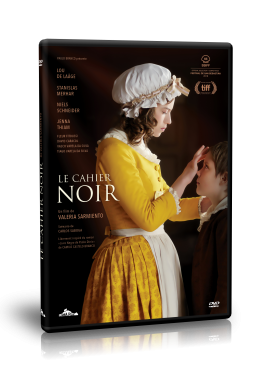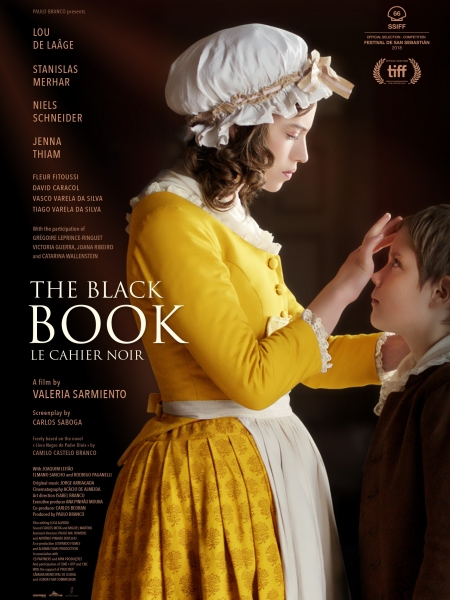Born in Chile in 1948, Valeria Sarmiento studied Philosophy and Cinema before starting her career as a filmmaker. Exiled in Paris after the 1973 coup, she kept sending political messages to Latin American leaders through her films and documentaries. She is also the privileged collaborator of Raul Ruiz, for whom she edited most of the films, and with whom she lived.
EL HOMBRE CUANDO ES HOMBRE (1981), filmed in Costa Rica, tackles Latin American machismo by its least harmful and most sympathetic sides (romanticism, sentimentality, courtesy), before progressively unveiling the worst aspects of everyday oppression. Popular songs and Mexican mariachis serve as commentary or counterpoint. Both in documentaries and in fiction, Valeria Sarmiento pays attention to dramaturgy and weighs her suggestions carefully. THE PLANET OF CHILDREN (1991), filmed in Cuba, plays on ambiguity to better describe an institution for children which is supposed to encourage professional vocations and leads them towards the end of the Castro era.
Fiction films confirm her attachment to popular culture and her willingness to play with conventions and stereotypes. OUR MARRIAGE (1984), her first feature film, is selected in many festivals and received the Young Director Award in San Sebastian. AMELIA LOPES O’NEILL (1991) was selected at the Berlin Film Festival in 1991 and received the Gan Foundation Award. Filmed in Chile, this film is part of the melodramatic universe of the bolero, and Valeria Sarmiento develops a look at the mentalities and behaviors that persist, beyond transgressions. In her next films, ELLE (1994) and ROSA LA CHINA (2002), she continues to reflect on the couple. The UNKNOWN of STRASBOURG (1998), with a paradoxical aesthetic, will also stand out. In 2012, she takes over from Raùl Ruiz, who dies during the preparation of the film, and directs THE LINES OF WELLINGTON, a great historical fresco and choral film about the Napoleonic debacle in Portugal in 1810.
In 1988, she received an endowment from the Guggenheim Foundation.
In 2008, Stanford University organized a retrospective of her work.
In 2010, she shared with Raùl Ruiz the Art Critics Circle’s Bicentennial Award for Cinema.






















